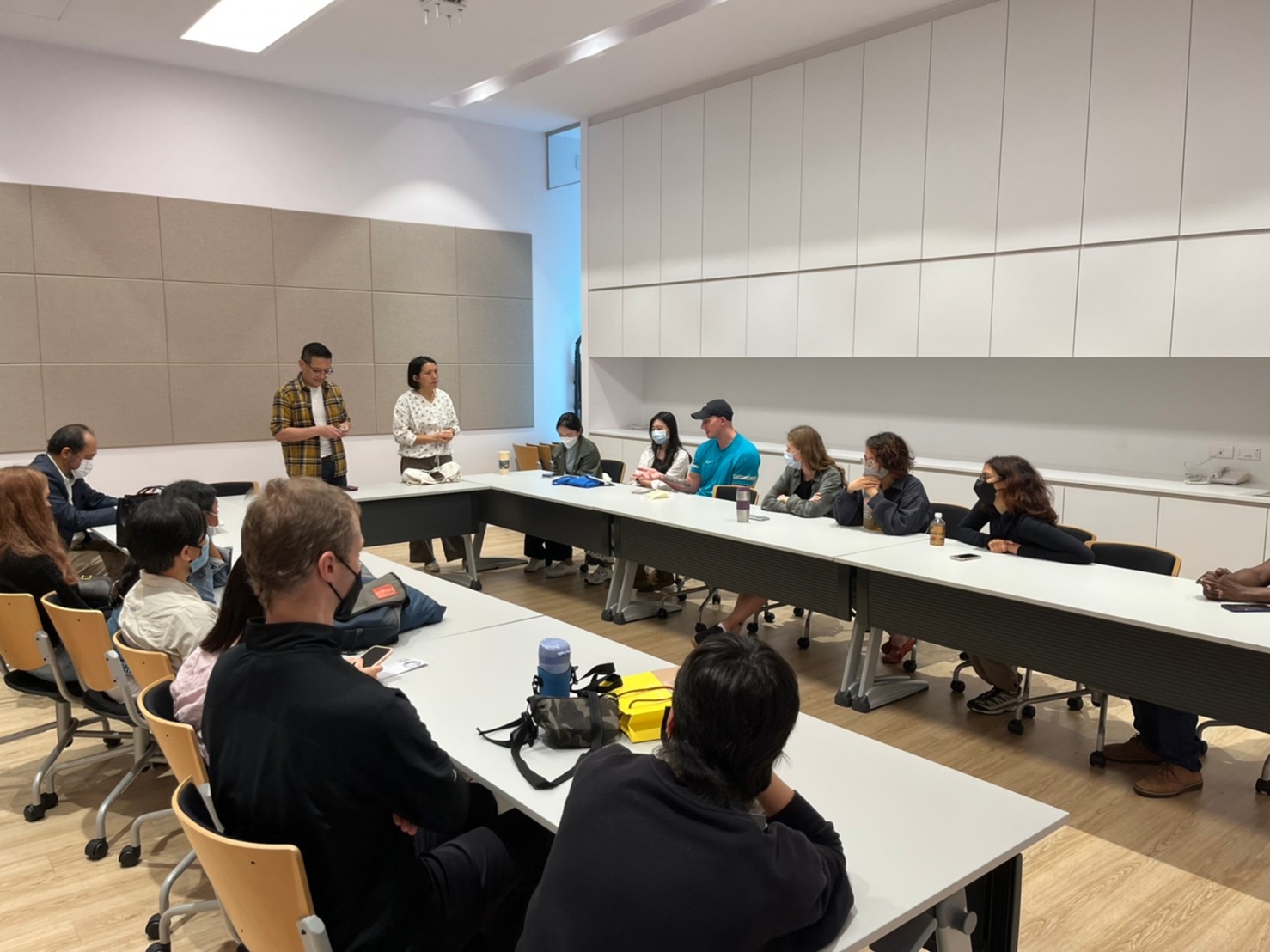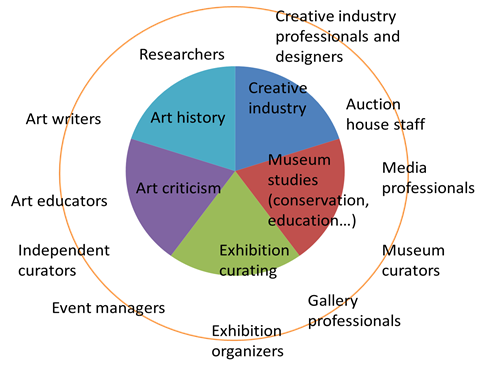Program
The CCSCA program aims to provide students with a critical and practical understanding of the diverse isssues, contexts and histories of contemporary art and curating, with a particular focus on Taiwan, Southeast Asia and the Pacific region.
The five modules of CCSCA – art history, art criticism, curatorial studies, museum studies and creative industries – are designed to offer students a critical and comprehensive understanding of contemporary art and curating from different vantage points around the globe, with an emphasis on the Asia-Pacific region. These modules will enable students to develop a familiarity with the work of major art scholars, critics and curators, art history’s interpretive methods and models, different forms of critical writing and the history, theory and practice of exhibitions and curating. Along with interactive seminars, lectures and tutorials, the program is also organised through workshops, international exchanges, internships, excursions and an overseas study trip so as to provide students with an integrated learning experience wherein art historical and theoretical resources are applied to the diverse contexts of art and curating in the region.


To increase career prospects and employability for graduates, this program offers in-depth and integrated theoretical and practical knowledge in contemporary art and curatorial practice. Students will be introduced to key texts and case-studies by our faculty members as well as a number of visiting scholars and industry professionals to gain a critical insight into the key issues, contexts and practices of contemporary art and curating and museum management
The program’s integrated and holistic apporach ensures that upon completion, students are well-equipped with transferable scholarly and professional skills and knowledge that will enable them to work in the arts and creative industries around the world, including in major exhibitions, biennale events and festivals, museums and galleries. The program prepares students for future careers as exhibition organizers, museum curators, arts educators, writers and researchers. .
At least 32 credits must be completed for graduation.